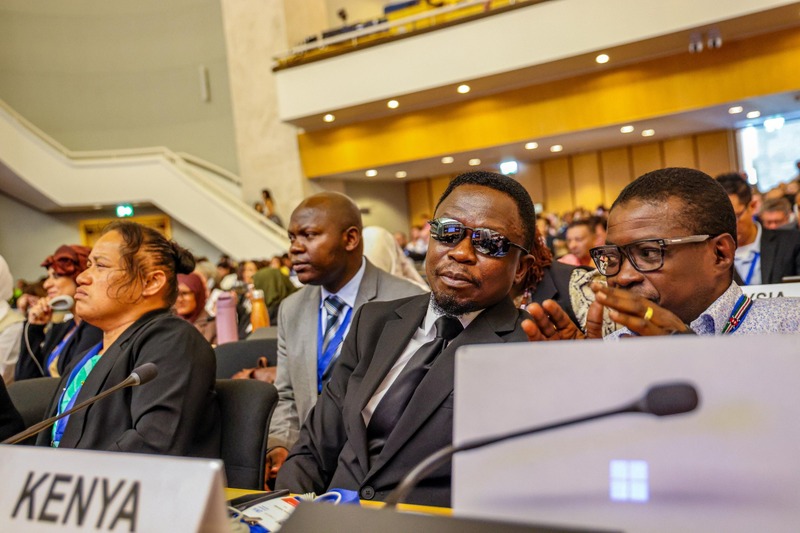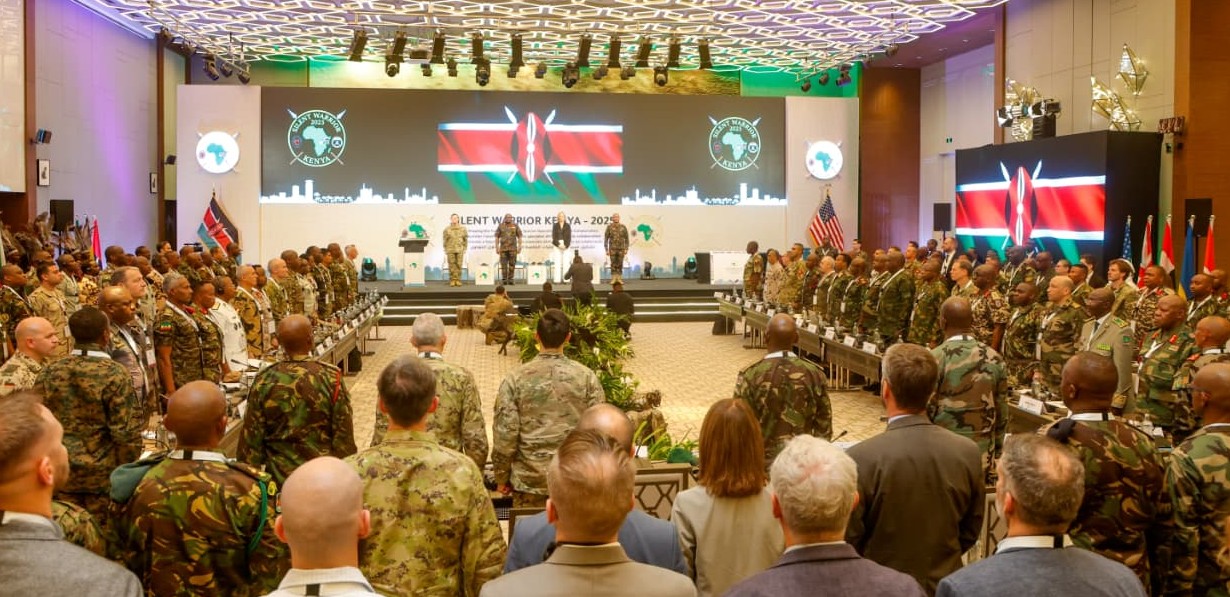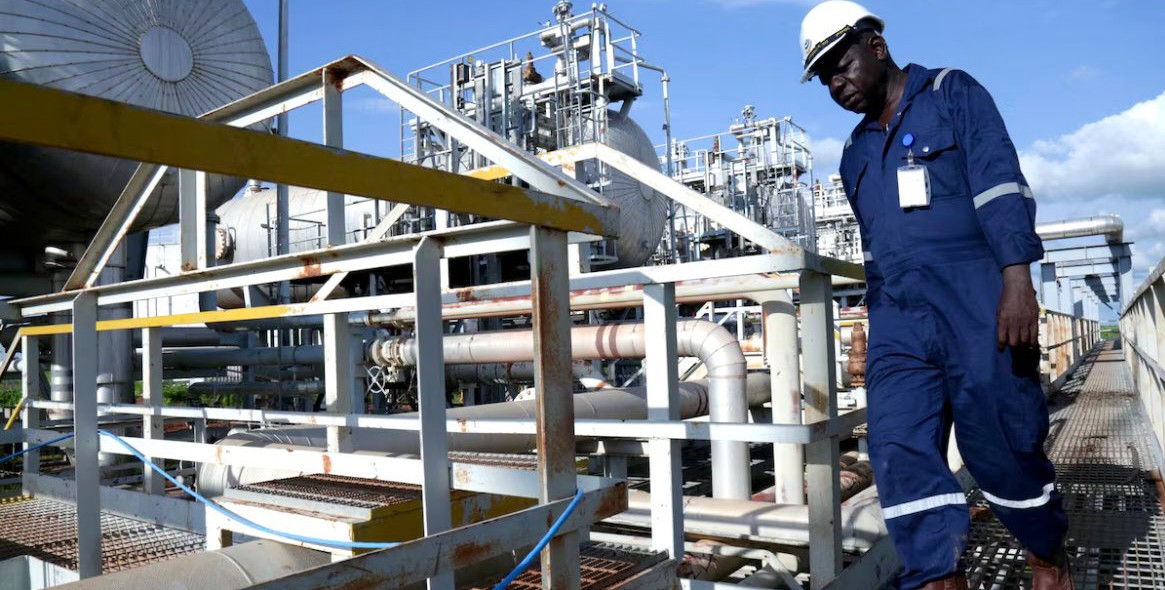Kenya calls for swift action on global plastic pollution treaty

Namwamba stressed that the treaty under negotiation is an environmental instrument with the potential to drive ecosystem restoration, conserve biodiversity, and reduce health risks.
Kenya has urged the international community to fast-track negotiations on a robust and effective global treaty to combat the mounting plastic pollution crisis.
Speaking at the ongoing Intergovernmental Negotiating Committee (INC-5.2) session held at the United Nations Office in Nairobi (UNON), Kenya’s Permanent Representative to UNON and the United Nations Environment Programme (UNEP), Ambassador Ababu Namwamba, highlighted the urgent need for decisive action.
More To Read
- UN’s Guterres vows to push for Palestine two-state solution, says he will ‘not shut up’
- UN hails DR Congo-Rwanda peace deal amid ongoing hostilities in the east
- UN Rights Chief raises alarm over abductions, enforced disappearances in Uganda ahead of elections
- Landmark French ruling against TotalEnergies sets stage for major African climate lawsuits
- AU calls for Africa’s permanent seat on UN Security Council
- Why UN’s gradual move back to Khartoum, Sudan is ‘an important step’
“Plastic pollution is spiralling out of control,” Namwamba warned, noting that an estimated seven billion tonnes of plastic waste currently contaminate the environment worldwide.
He added that approximately 430 million tonnes of plastic products are produced annually, many without proper recycling or take-back mechanisms, exacerbating the problem.
Namwamba stressed that the treaty under negotiation is an environmental instrument with the potential to drive ecosystem restoration, conserve biodiversity, and reduce health risks.
The ambassador called for consensus on the treaty’s key elements to ensure it is inclusive, ambitious, effective, and enforceable. He expressed concern that Kenya’s recommendations on Article 21, particularly concerning the treaty’s secretariat, were missing from the latest draft, urging their reinstatement for further discussion.
Kenya, backed by the Africa Group, proposed that the treaty’s secretariat be headquartered at UNEP in Nairobi. Namwamba argued this would help reduce fragmentation in global environmental governance, avoid duplication, and improve policy coherence.
Accompanied by senior government officials, including Deputy Permanent Representative Ambassador James Waweru, Environment Secretary Dr. Selly Kimosop, and Director for Multilateral Environmental Agreements Linda Kosgei, Namwamba reaffirmed Kenya’s constructive role in the negotiations.
"Kenya has, and will remain, constructive in these negotiations," Namwamba affirmed. "Let us seize this moment to deliver a treaty that will help the world manage plastic pollution."
As plastic pollution threatens ecosystems, biodiversity, and human health, Kenya’s push for a strong global treaty underscores the pressing need for international cooperation.
The treaty aims to establish clear commitments for reducing plastic production, improving waste management, and safeguarding the environment for future generations.
Top Stories Today












































